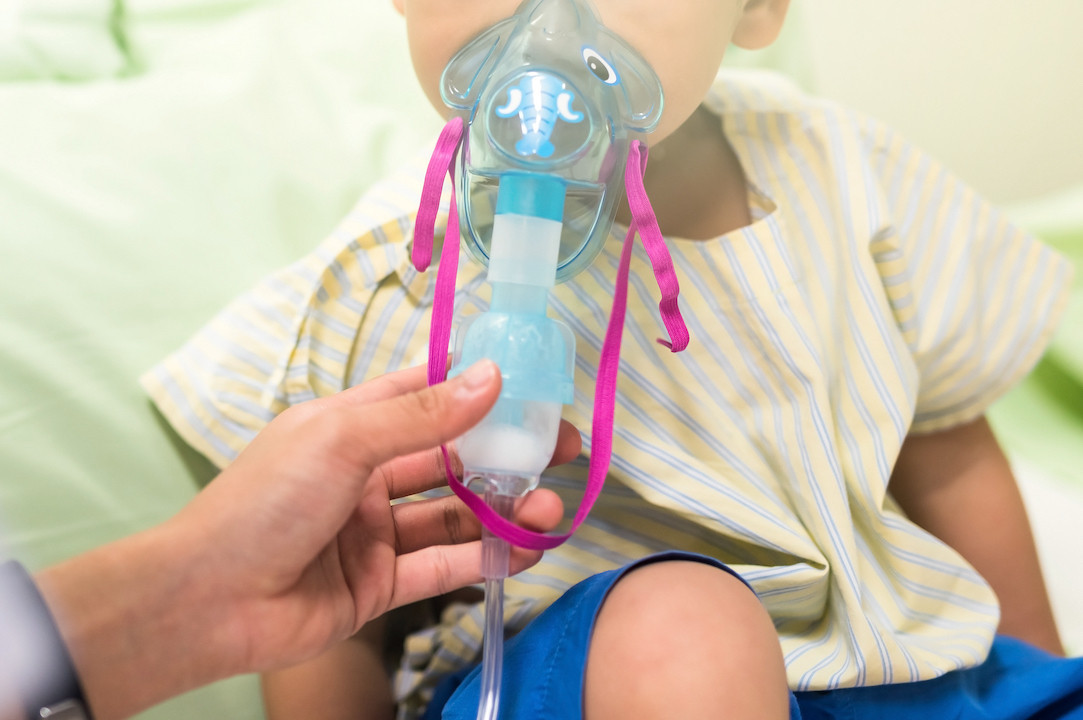The number of young children and babies being admitted to hospital with respiratory problems caused by Bronchiolitis more than doubled in the last two weeks of October and continues to rise, putting pressure on the number of beds at the Kannerklinik.
Indeed, health minister Paulette Lenert last week announced that an additional eight beds would be put at the disposal of young patients as two children had to be sent abroad for treatment and a number of non-urgent operations were postponed. In normal circumstances, the Kannerklinik has capacity for 38 inpatients as well as five additional intensive care beds. But last week the clinic was treating some 60 patients, the majority suffering from Bronchiolitis.
Luxembourg is not the only country feeling the pinch. Areas of the United States and the UK have also seen an early spike in children being admitted to paediatric wards with respiratory illnesses. Cases of Bronchiolitis usually hit a high in December and January, but have arrived earlier and more intensely this year.
Adults show few symptoms
There is a suggestion that the precautions taken during the covid pandemic--isolation, wearing masks, for example--has led to fewer infants being exposed to viruses such as the common cold and the flu as well as Respiratory syncytial virus (RSV), which is the most common cause of Bronchiolitis.
RSV causes inflammation of the respiratory tract: nose, throat and bronchi. As the bronchi are small and are more easily blocked by secretions in young children and babies, they require more effort to breathe and that leads to them tiring quickly.
The problem is that adults and older children who are carriers of RSV usually show no or only mild cold-like symptoms, so they could be contagious without knowing it. The virus is easily transmitted from person to person through saliva, cough and sneezing, but it can also remain on hands and objects.
Warning signs of Bronchiolitis include the baby breathing quickly with visible movements, a reluctance to suck or drink because the child wears out and falling asleep all the time and breathing loudly when sleeping.
The health directorate recommends the following preventive measures to avoid bronchiolitis:
Wash hands regularly for 30 seconds with soap and water before contact with an infant, especially before and after a change, after blowing your nose, before a feeding, before a bottle, before a meal, after school. If not, disinfect with a hydroalcoholic solution.
Wash toys and comforters regularly.
Do not share toys and bottles.
Avoid putting your child in daycare or in a group daycare before 3 months.
Air bedrooms regularly.
Do not expose your child to cigarette smoke.
Breast milk is protective against RSV because it contains antibodies. Breastfeeding at least the first 6 months of life and ideally up to 2 years is beneficial.
Limit the child’s contact with other children. Avoid busy places or festive events. If the child is at risk or sick, it is advisable to avoid placing him in crèche to limit contact.
Ask others to wear a mask when they are within 2 metres of the baby.
If you have a cold, wear a protective mask when in contact with the child.
